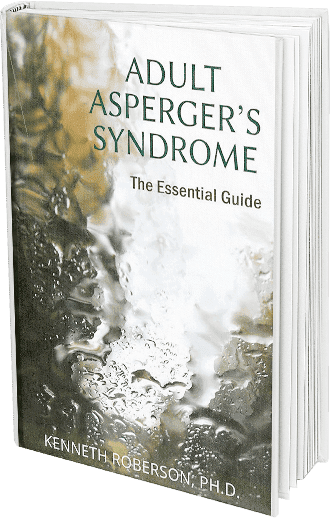
Autism Spectrum Disorder (ASD) is NOT all about being defective, abnormal or impaired. It’s about having differences. Adults with ASD have an alternate way of seeing things and their solutions to life’s challenges are distinctive, not wrong.
Here is a list of positive traits that are characteristic of adults with Autism Spectrum Disorder.
- They are usually loyal and dependable. Competing to get ahead is less important than solving problems and meeting challenges. Conscientiousness, faithfulness and devotion to duty matter more than ambition, especially if that ambition would cause others to suffer.
- Adults with Autism pursue ideas they believe in without being deterred by what others say. They are not easily swayed by others’ opinions, nor to they give up because someone tries to convince them otherwise.
- They are good at recognizing patterns and in classifying things. They are comfortable with order, precision and categorization, which make them successful in following rules, allocating resources and solving problems.
- They tend to be sincere, positive and genuine, which make them loyal and dependable friends.
- Speaking their minds regardless of the social context is true of many adults with Autism Spectrum Disorder. They are much more interested in someone’s skills and expertise than whether that person is viewed favorably by others.
- Adults with ASD are especially good at noting and recalling details. They are helpful at work that requires knowledge of facts, details, and memory. They are often exceptional at the recall of details forgotten or disregarded by others. They have a passion for gathering and cataloging information on a topic of interest.
- An acute sensitivity to specific sensory experiences and stimuli, including touch, vision, and smell is common and having such unusual sensory experiences gives them a different perspective on the world.
- Adults with ASD tend to be trusting of others, even charmingly naïve. They are compassionate and caring, and many maintain the belief in the possibility of positive relationships.
- They are often direct, speak their mind and are honest. Many have a strong sense of social justice.
- Because they don’t mind being alone, they are often willing to engage in solitary work that others avoid, which puts them in the position of making tremendous contributions at work and school.
- They are able to comprehend multiple levels of meanings of words and ideas and can form connections that others miss.
- They are persistent, and when they set their minds to something or make a promise they can usually be trusted to follow through.
- Relationships with someone who has ASD tends to be free from bias and discrimination based on race, gender, age or other differences. They judge people based on their behavior not the color of their skin, socioeconomic status or political influence.
- They are not inclined to be bullies, con artists or social manipulators.
Adults with ASD, are a varied group of people, on the whole bright, funny, articulate, caring, logical, honest, persistent, and hard-working, who happen to think and behave a bit differently.
They are an adaptable collection of individuals who have found ways to survive in a world that expects different conduct, values and demeanor. They have found niches, support systems, compensatory ways of behaving and communities of like-minded individuals who value them for their special gifts. They have also found ways to accommodate to the broader society’s expectations.
Adults with Autism Spectrum Disorder are, in many ways, models for what can be accomplished without having the normal blueprint for success. After all, it’s not who you are that matters but what you’re willing to do.
As Will Rogers wrote:
If you want to be successful, it’s just this simple. Know what you are doing. Love what you are doing. And believe in what you are doing.




